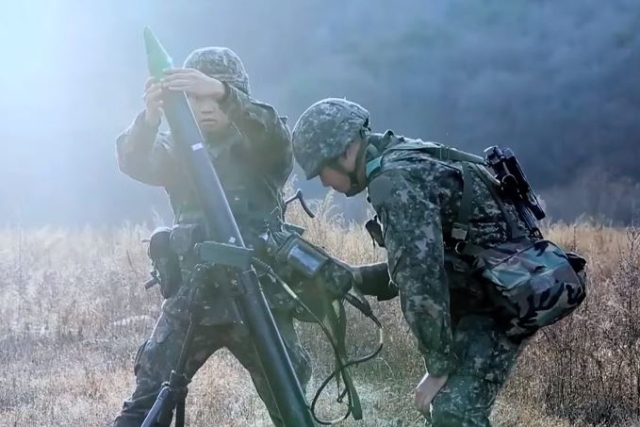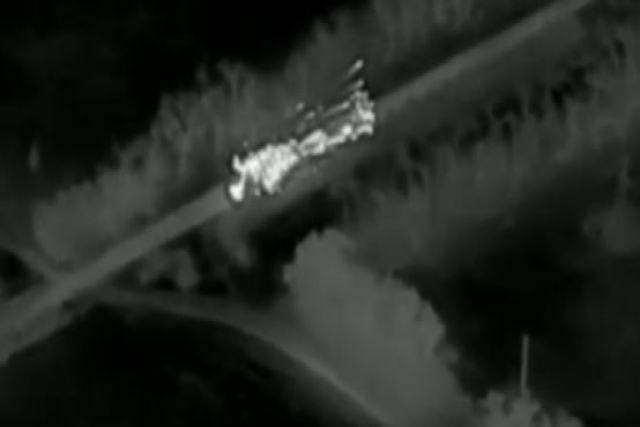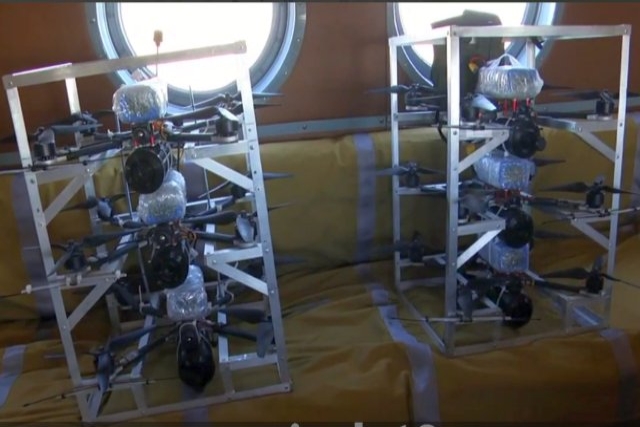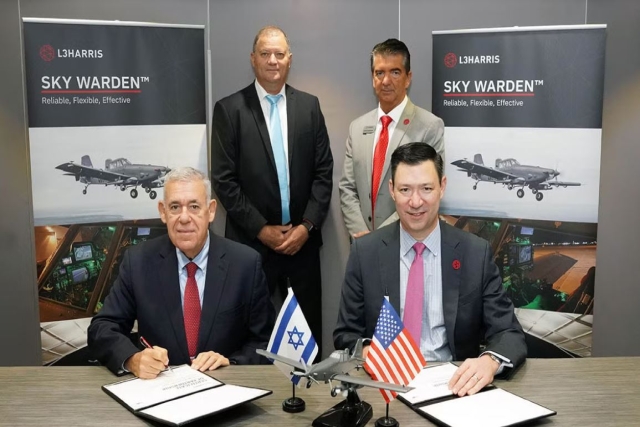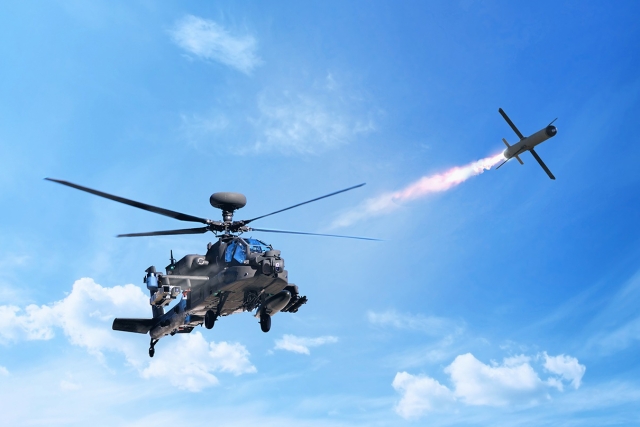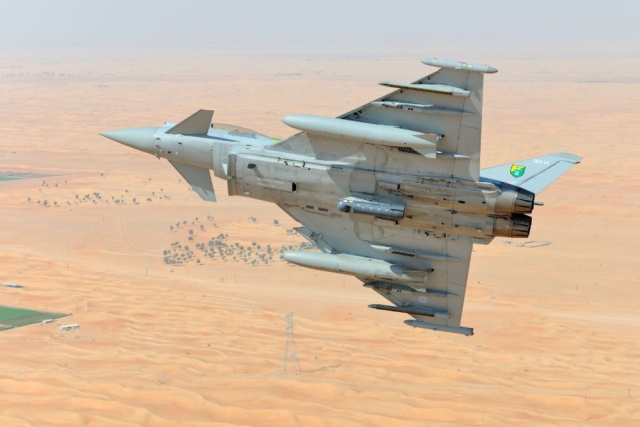Bayraktar TB2 UAV to Carry FPV Drones Made by Croatian Firm, ORQA
Launching smaller drones from larger ones improves reconnaissance, survivability, and range for challenging missions.
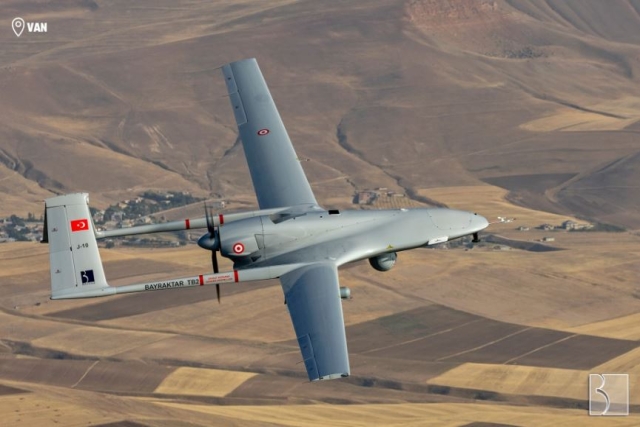
Turkey's Bayraktar TB2 UAVs which have made a name for themselves as attack drones, will now carry Croatia-made FPV drones which are increasingly being used in battle for attack and reconnaissance missions.
A deal to this effect was signed between Turkish Baykar, the maker of Bayraktar drones and Croatian firm, ORQA, a specialist manufacturer of first-person view (FPV) drones at the SAHA Expo 2024 in Istanbul today.
Using the Bayraktar TB2 as an aerial platform to release the FPV drones from a height will provide a significant advantage in battle, being able to operate from a contested environment and release the drones in close proximity to the enemy.
“Today, together with the esteemed representatives of the Croatian Ministry of Defense and our Croatian Ambassador, we signed an agreement with the Croatian company ORQA for the integration of the FPV Drones they developed into our Bayraktar TB2 platform, the development of joint operational use concepts and technological cooperation. I wish this agreement between the two countries to be beneficial,” BAYKAR General Manager Haluk Bayraktar was quoted as saying by SavunmaSanayiST.com.
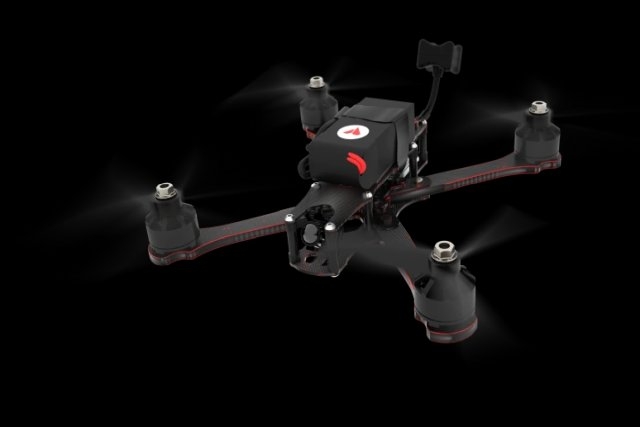
The concept of using large drones to launch smaller drones is not new and provides several advantages, such as enhanced reconnaissance through wider area coverage and increased situational awareness. Smaller drones can improve survivability by absorbing enemy fire to protect the primary drone and by carrying specialized equipment, which expands mission capabilities and increases payload capacity. Additionally, they extend the primary drone's range for longer missions and are particularly effective in search and rescue operations, allowing access to areas that larger drones cannot reach.
In March 2021, the U.S.-made Kratos XQ-58 Valkyrie successfully released an Area-I Altius-600 small unmanned aerial system (UAS) from its internal weapons bay during its sixth test flight.
This concept is also being explored on land. At the Zhuhai Airshow this year, China unveiled a concept for a “land aircraft carrier” drone. This innovative design involves a large unmanned ground vehicle (UGV) that functions similarly to an aircraft carrier but operates on land. The UGV is capable of carrying, deploying, and retrieving multiple smaller unmanned aerial vehicles (UAVs), offering a mobile platform for drone support and launching. Such systems could significantly enhance operational flexibility and reach, enabling rapid deployment and support of drone fleets in areas lacking traditional airbases or carriers.
